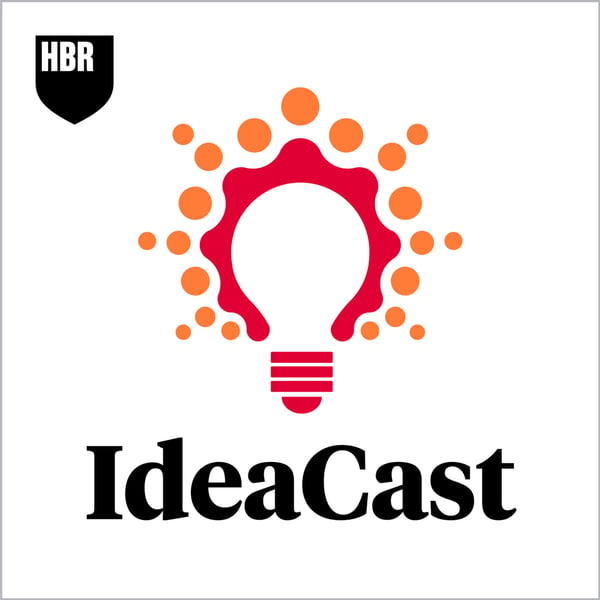Let Employees Be People
HBR IdeaCast
Harvard Business Review
4.4 • 1.9K Ratings
🗓️ 5 May 2016
⏱️ 20 minutes
🧾️ Download transcript
Summary
Transcript
Click on a timestamp to play from that location
| 0:00.0 | Hey everyone it's Kurt we need your help with our annual survey this is your last chance to help us get to know you so we can make idea cast even better for you |
| 0:09.8 | it's easy just go to HBR.org |
| 0:13.0 | podcast survey. |
| 0:15.0 | Again, that's HBR.org. |
| 0:17.0 | And thanks for listening. Welcome to the HBR Idea Cast from Harvard Business Review. I'm Sarah Green Carmichael. |
| 0:37.0 | I'm talking today with Robert Keegan and Lisa Leahy, both of Harvard University and co-authors of the new book and |
| 0:44.2 | Everyone Culture, becoming a deliberately developmental organization. |
| 0:48.0 | Thank you both for coming here today. |
| 0:50.0 | Our pleasure. |
| 0:51.0 | Thank you. |
| 0:52.0 | So one of the things you guys point out right in the beginning of the book is that in an organization, all of us have this second |
| 0:58.1 | job that we're kind of doing all the time, where it's we're managing how we come across we're trying to hide our weaknesses |
| 1:03.8 | we're trying to influence what other people think about us and one of the |
| 1:07.8 | provocative questions you ask in the book is what would it be like if we didn't have to do that all the time. |
| 1:13.0 | This is so much a part of organizational life that I actually have trouble imagining what that would look like. |
| 1:18.0 | So tell me a little bit about that second job and then help me picture what it would look like to not have to do that. |
| 1:22.8 | Yeah, so it's hard for people to even get their heads around how much energy they're spending looking good. |
| 1:28.8 | It's good to just think first what are the costs of this? |
| 1:31.8 | We're developmental psychologists, right? We believe in the |
| 1:34.2 | possibility of continuing growth and development in adulthood. If I'm spending part of my energy |
| 1:40.0 | hiding my weaknesses in my inadequacies, it's much less likely that I'm going to overcome them. |
| 1:46.2 | So work immediately becomes not a place where I'm likely to keep growing and developing. |
... |
Please login to see the full transcript.
Disclaimer: The podcast and artwork embedded on this page are from Harvard Business Review, and are the property of its owner and not affiliated with or endorsed by Tapesearch.
Generated transcripts are the property of Harvard Business Review and are distributed freely under the Fair Use doctrine. Transcripts generated by Tapesearch are not guaranteed to be accurate.
Copyright © Tapesearch 2025.

